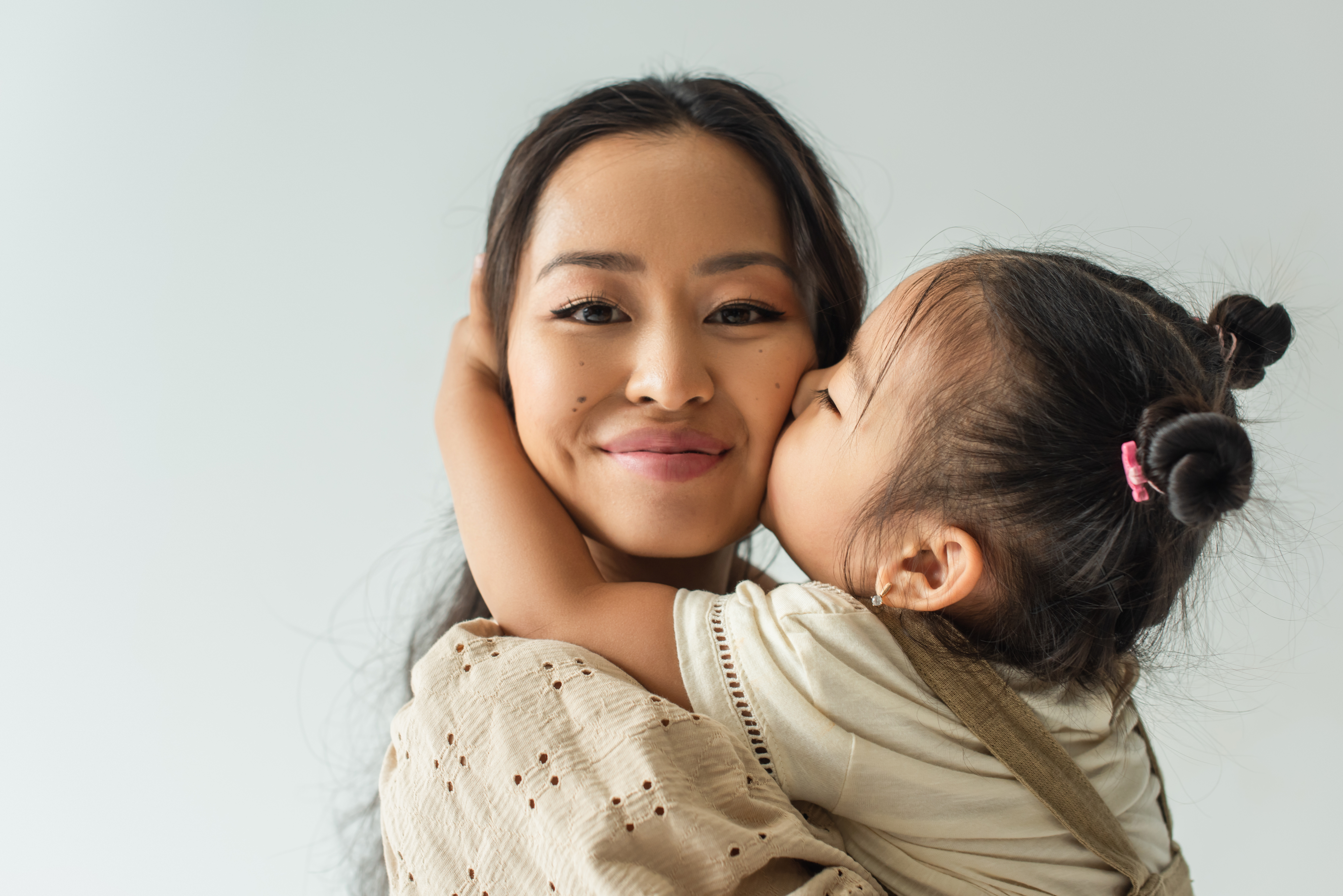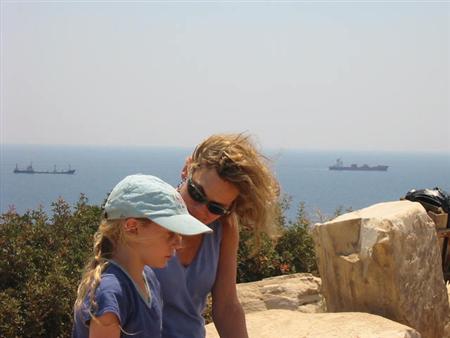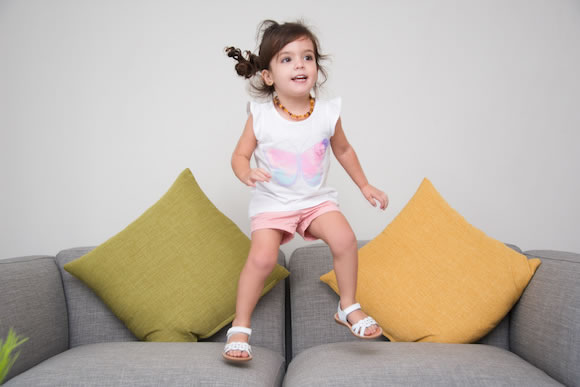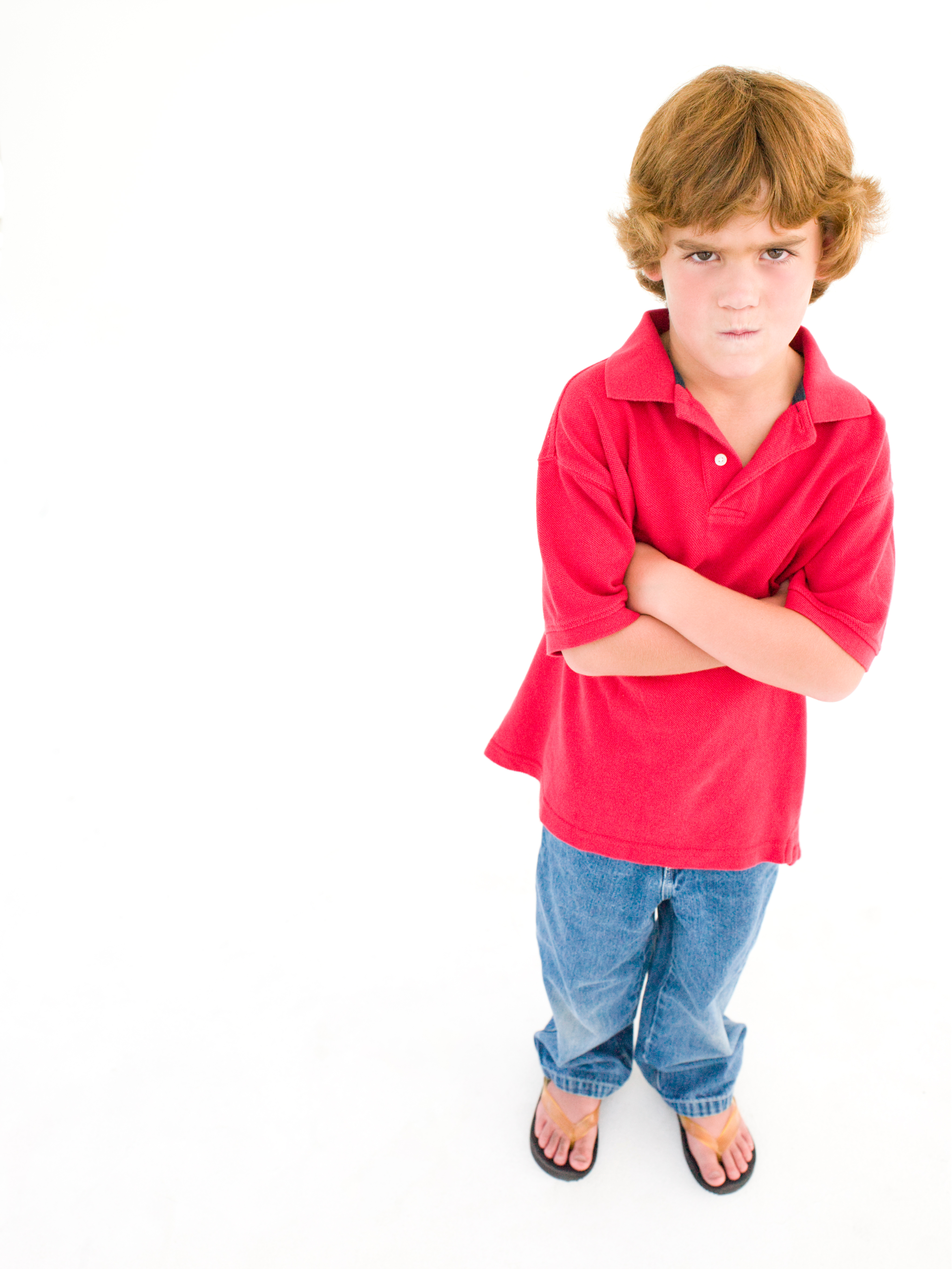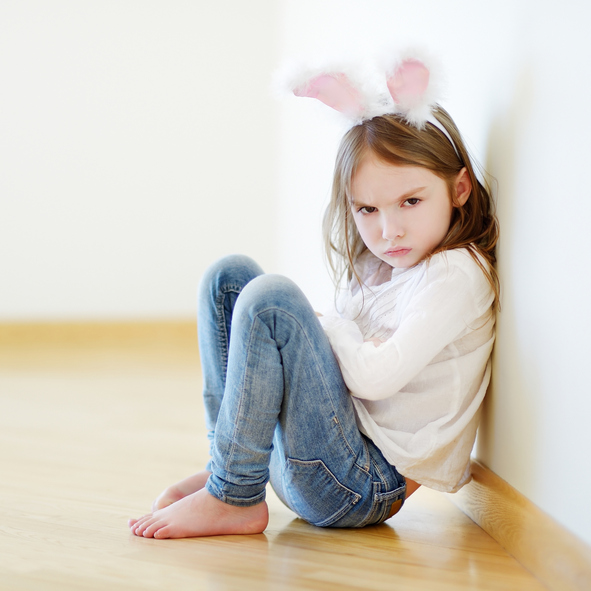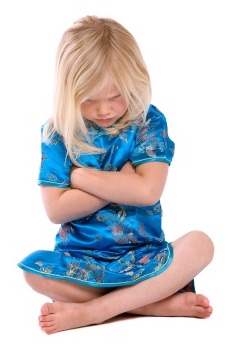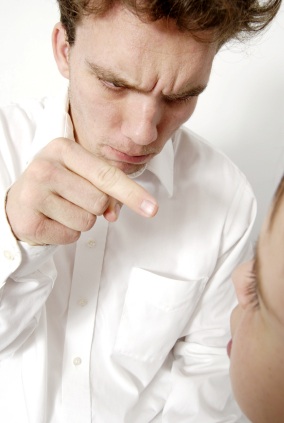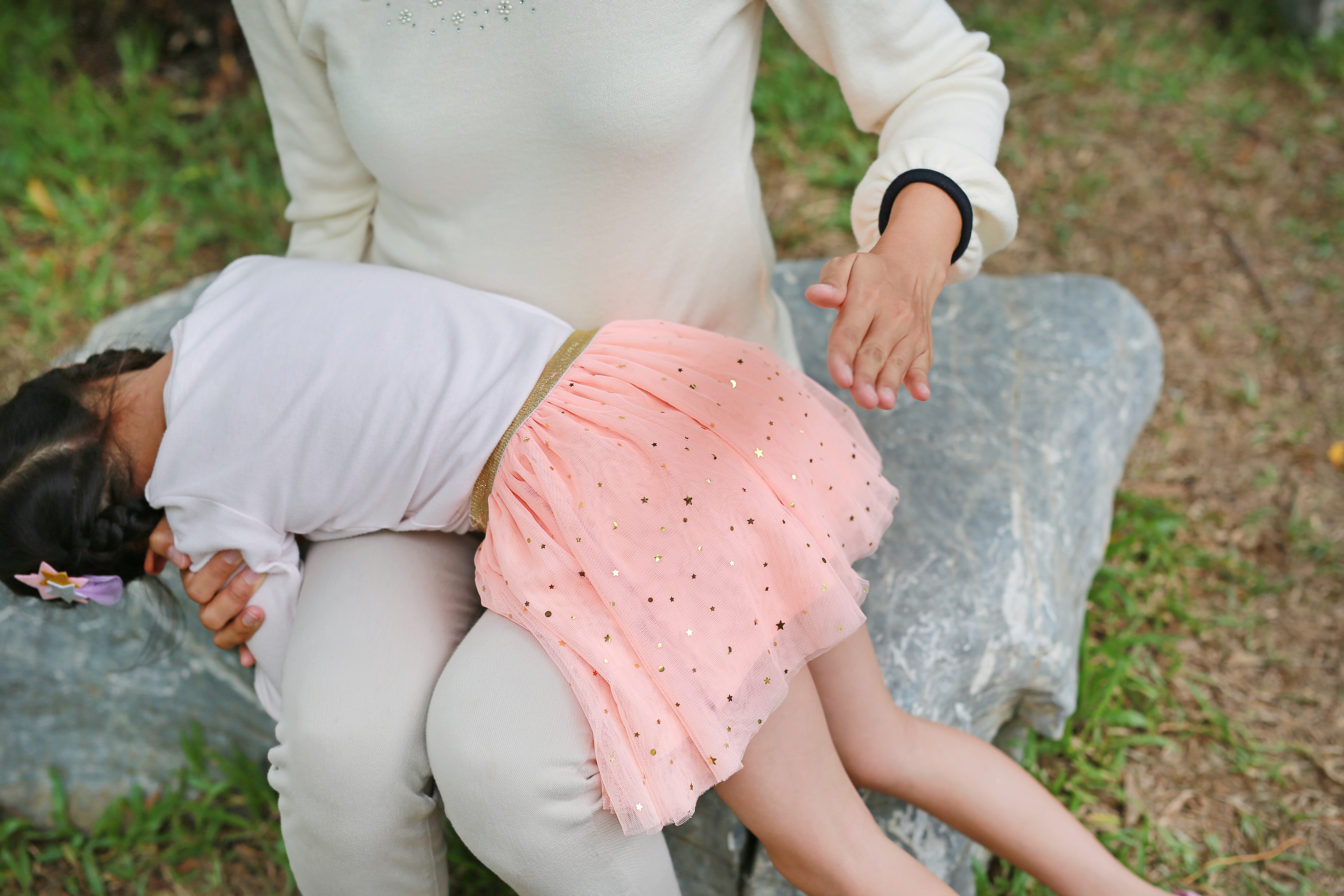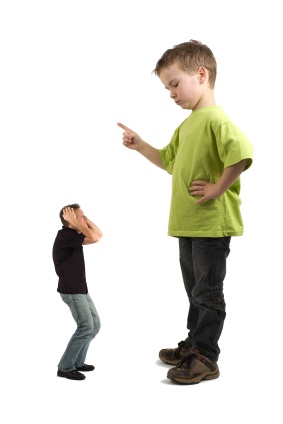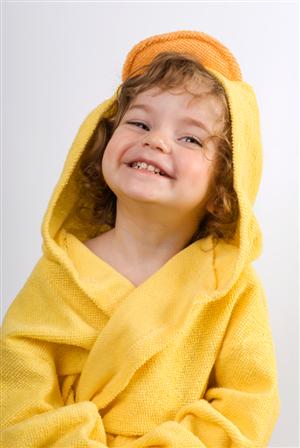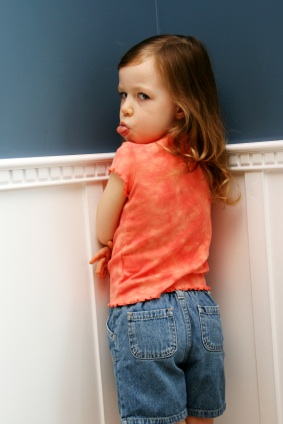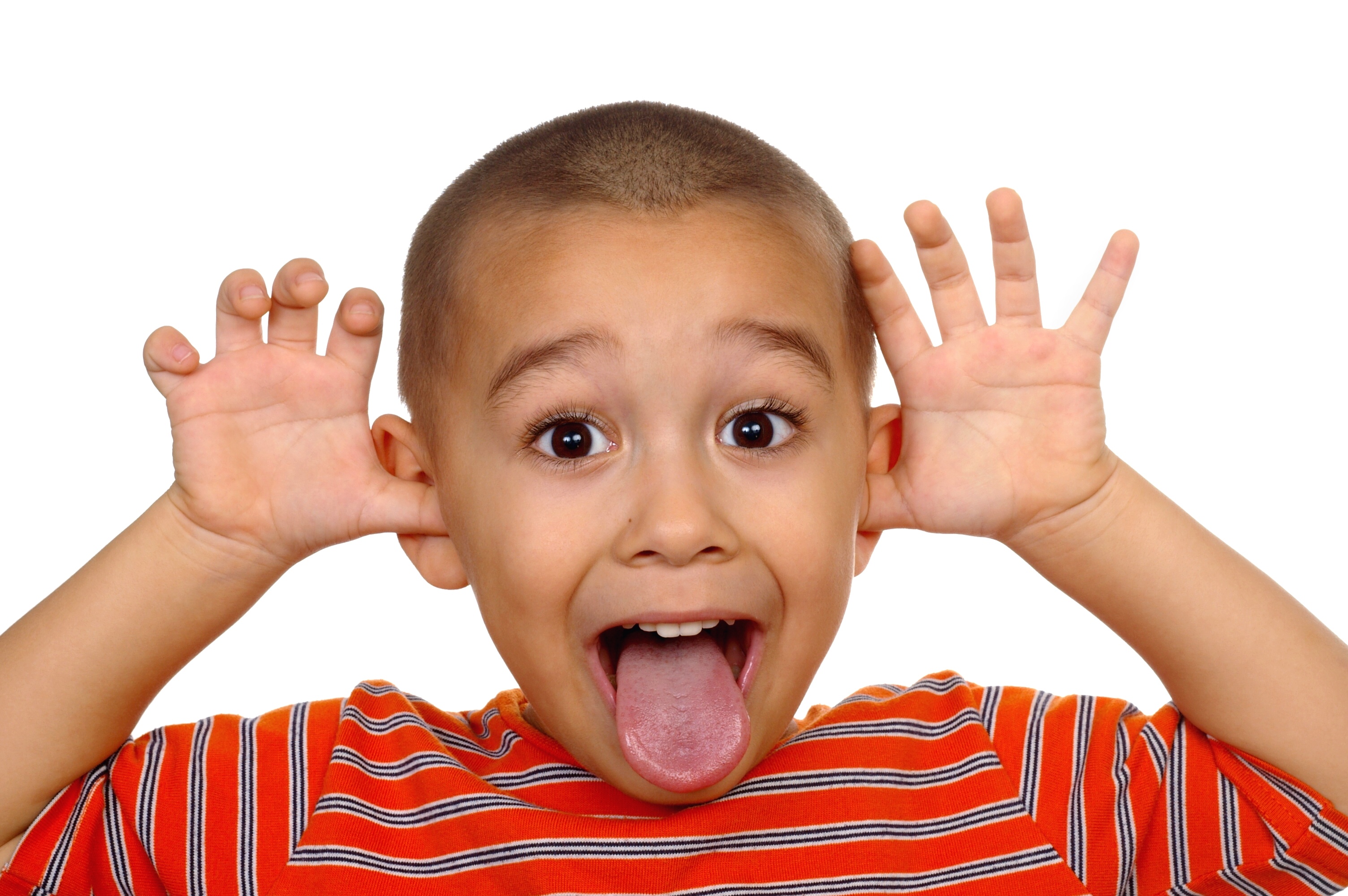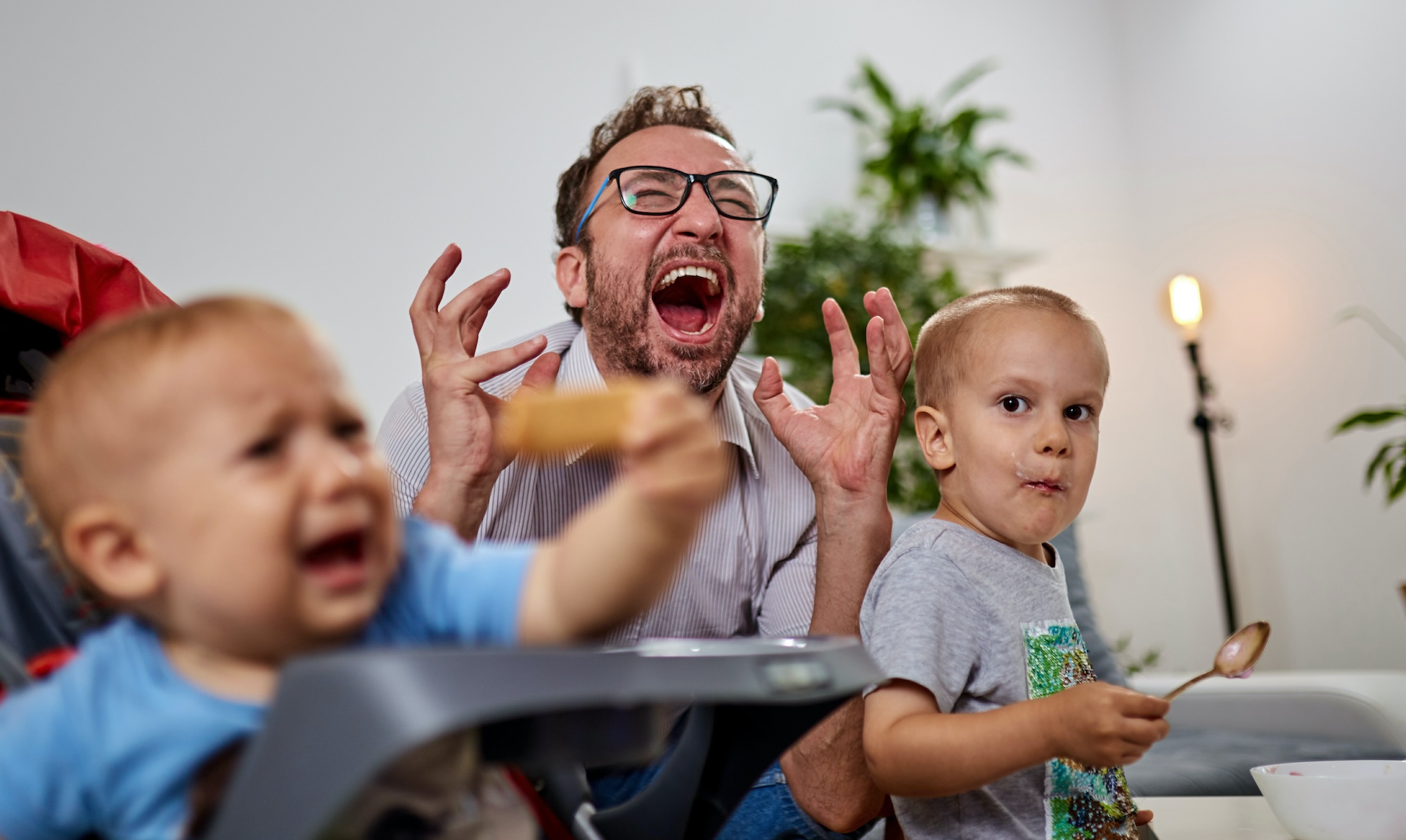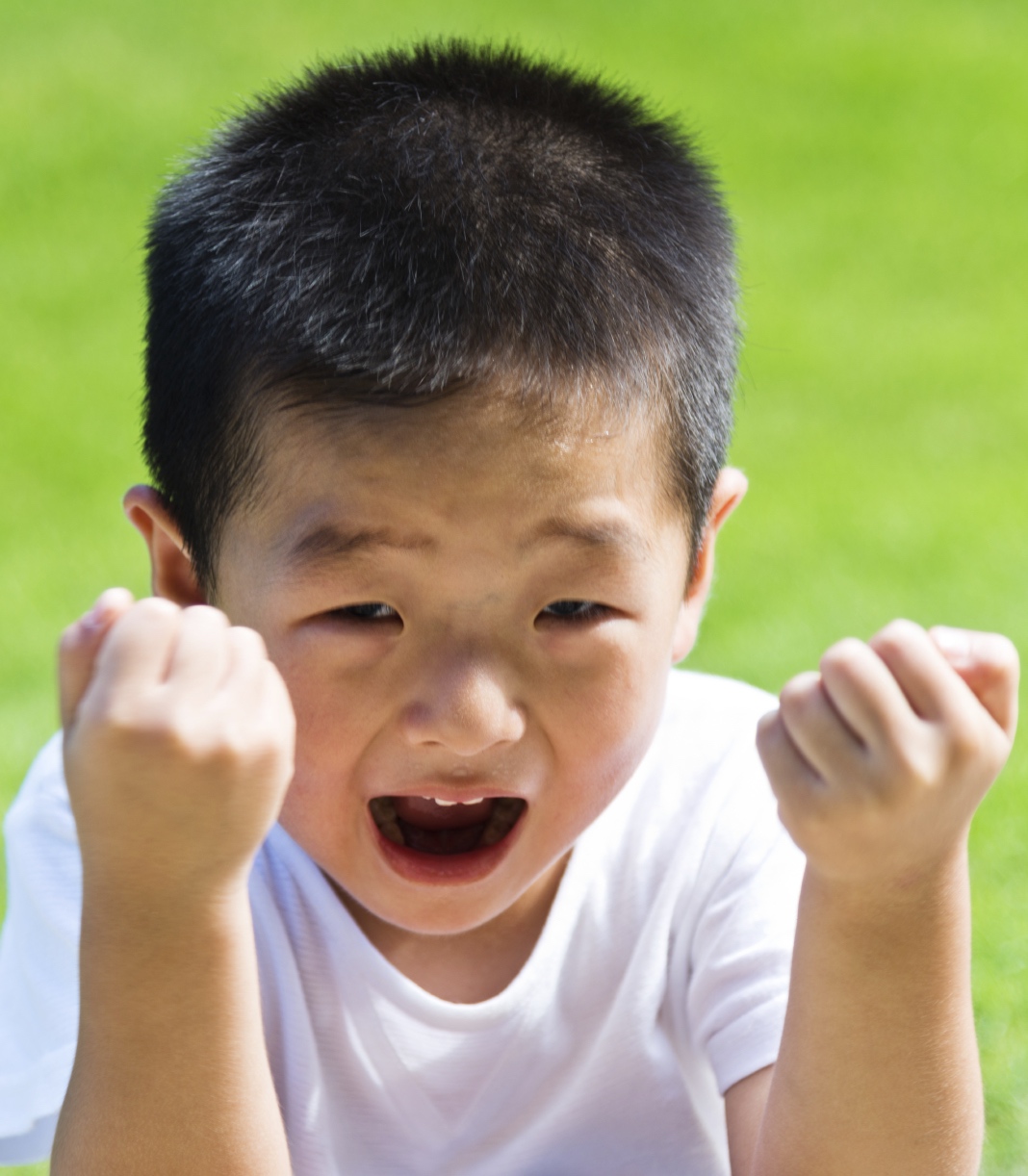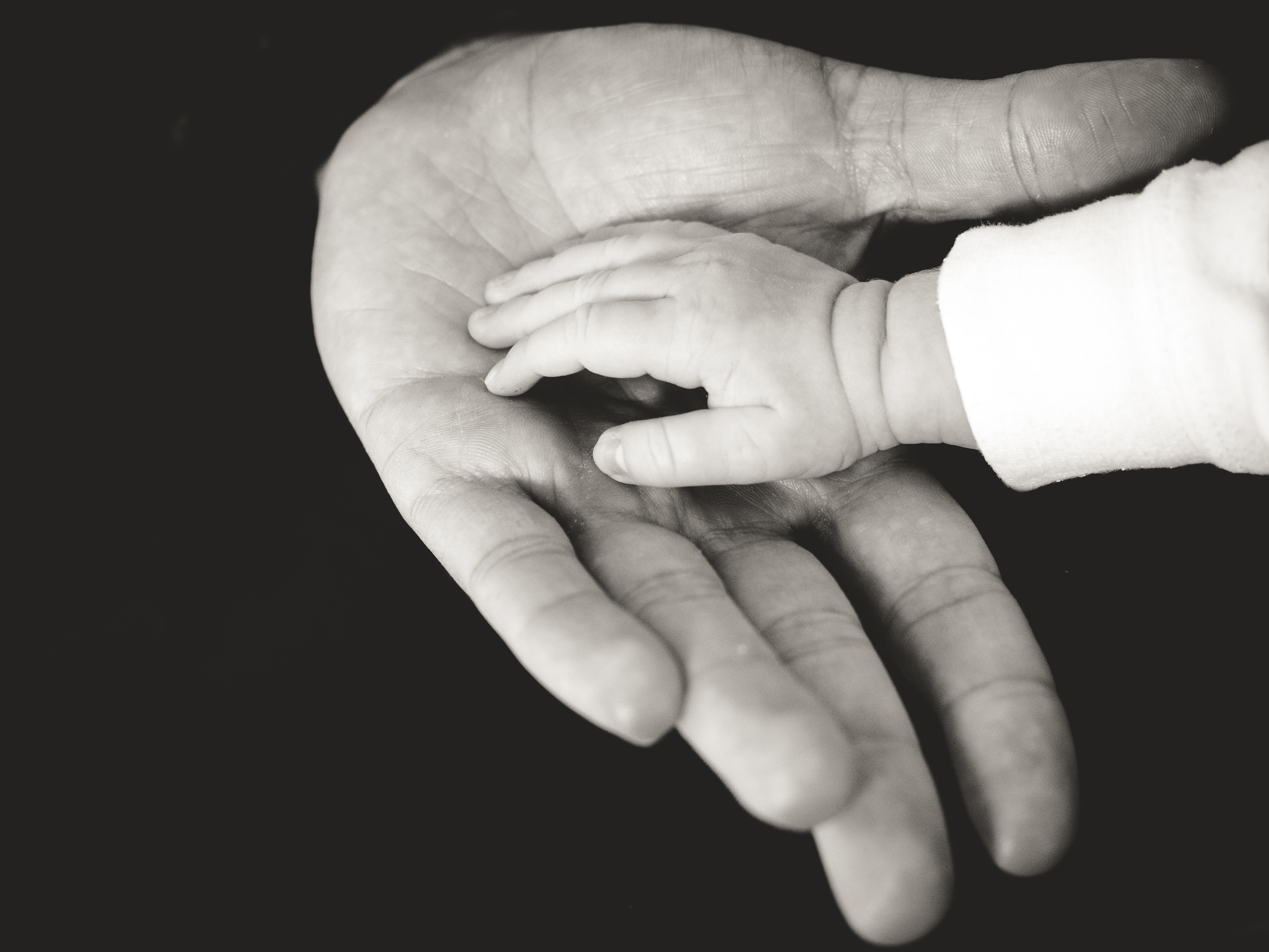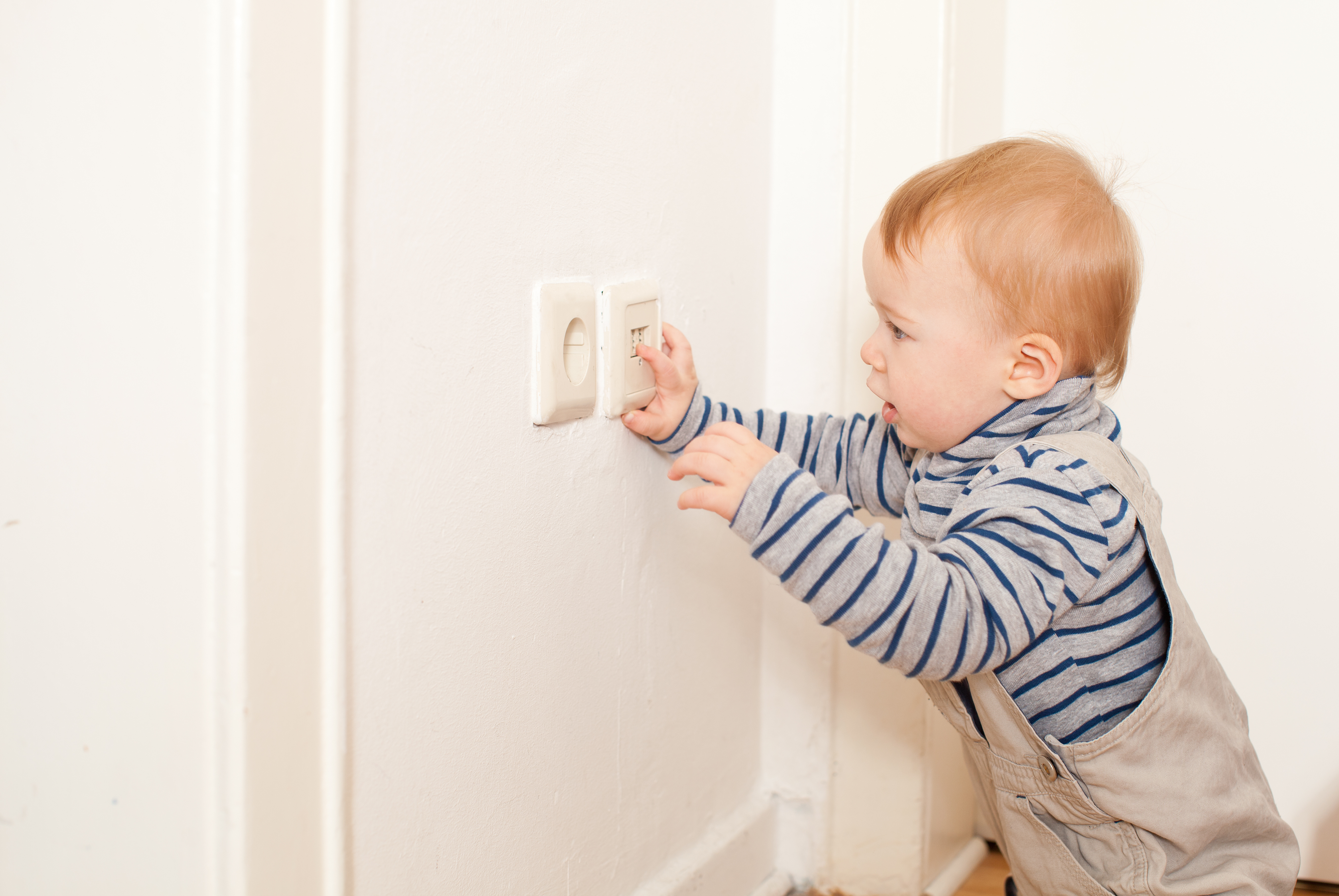Discipline That Works
All children "misbehave" sometimes, and all parents wonder how to stop the misbehavior. But that's only half of our mission as parents. The other half is raising a child who internalizes our guidance to become "self-disciplined." The most effective "discipline" for your child is always positive, loving, gentle guidance. Here's why.
Start Here:
Ten Tips To Become a More Peaceful Parent
"I am trying to stop yelling and start connecting, as you suggest, to become a more peaceful parent. But I feel overwhelmed! Where do I start?"Read More
How to Set Effective Limits with Your Child
You've probably heard that kids need limits. I myself used to question this premise. But what I learned by watching kids is confirmed by research findings in neurology. As children are faced with the necessity to rein in their impulse toward something they want (for instance, to grab the toy from the baby), so they can have something they want more (a warm, happy connection with you), they learn self-control. So our limits actually teach kids to set limits for themselves, which is otherwise known as self-discipline.
Read MoreCould You Dare NOT To Discipline?
Read MoreI am a loving mother and mostly my children are very good. But everyone knows that children need discipline. What do you recommend as loving discipline?"
Nine Options To Transform "Bad" Behavior
“You don't seem to ever discuss discipline in terms of teaching acceptable behavior. Sometimes these kids are brats and they need to be aware of it. I'm not saying that Screaming is good but screaming or other tactics besides hugs are necessary." - Erica
Read MoreHandling Defiance: An Age by Age Guide
"Dr. Laura...How should I respond when he yells 'You're not the boss of me!'?"Read More
When Kids Won't Cooperate: Give Choices
Giving choices may be the single most useful tool parents have for managing life with young children. It really is almost a magic wand, at least until children are about five. And even into the teen years, choices help children learn to manage themselves.
Read MoreWhat Part of No Doesn't Your Child Understand?
Here's how to set a clear limit --and give your child the support they need to accept your limit and move on.
Read MorePeaceful Parenting Your Strong-Willed Child
Do you have a strong-willed child? You're lucky! Strong willed children can be a challenge when they’re young, but if sensitively parented, they become terrific teens and young adults. Self-motivated and inner-directed, they go after what they want and are almost impervious to peer pressure. As long as parents resist the impulse to "break their will," strong-willed kids often become leaders.
Read MoreWhat's Wrong with Strict Parenting?
Research shows that most people think strict parenting produces better-behaved kids. However, research studies on discipline consistently show that strict, or authoritarian, child-raising actually produces kids with lower self esteem who behave worse than other kids -- and therefore get punished more! Strict parenting actually creates behavior problems in children. Here's why.
Read MoreShould You Spank Your Child?
Read More“Punishment is the root of violence on our planet.”
-Marshall Rosenberg
What's Wrong with Permissive Parenting?
Most parents hate the idea of causing their child to get upset. They don’t want to incite a tantrum, and they certainly don’t want their child to be angry at them. Haven't we all felt that way? Besides, it's so hard to know whether what we're asking is developmentally reasonable. And we're so tired!
Read MoreAlternatives To "Consequences" When Your Child Isn't Cooperating
Worried about what you'll do without the threat of Consequences to keep your child cooperating? Next time your child refuses your guidance and you find yourself about to blurt out a threat, try one of these responses instead.
What's Wrong with Timeouts?
Parenting "experts" these days are united in their opposition to physical punishment, which research repeatedly shows hinders kids' moral, emotional and even intellectual development. (If you have questions about this, please see this article on spanking.)
Read MoreWhy Consequences are Just More Ineffective Punishment
"Dr. Laura.... How do you raise children without consequences in a world where there are heavy consequences as adults? How will they know right from wrong when they are never taught something will happen when they do wrong?"
-Kristi
The Truth About Consequences
My Aha! Parenting moment last week came when my husband called me three times to email him something at work. He often works on a computer at home and then emails himself documents so he can access them from the computer at his job. A couple of times a year, he’ll forget to send himself something important, so he’ll call me and ask me to email it to him. Luckily, I have a home office, so it’s easy for me to go to his computer and email it.
Read MoreWhen You Get Angry At Your Child
Every parent gets angry at his or her children sometimes. Here's how to handle your rage so you don't dump it on your kids.
Read MoreWhen Your Child Acts Out but Can’t Cry: Building Safety
Read More“Dr. Laura . . . My son is wound tighter than a drum and everything makes him mad. I know there are tears under there, especially from having a new baby sister. But he won’t cry, he just gets mad! He throws things, hits the dog. How can I help him?” -Nicole, mother of two
Healing Yourself So You Can Be a More Peaceful Parent
“In the absence of reflection, history often repeats itself… Research has clearly demonstrated that our children’s attachment to us will be influenced by what happened to us when we were young if we do not come to process and understand those experiences.”-Dan Siegel
Read MoreDiscipline for Young Toddlers
How do you discipline a toddler? You understand that their job description is exploration and set limits with that in mind!
Setting Limits with Preteens and Teens
Setting limits with preteens and teens is like setting limits with any age child. We regulate our own emotions. We understand and acknowledge our child's perspective. We stay connected while we help them through their emotional response. We enforce our limits, with humor and affection.
Read MoreThe Reasons and Research Behind Peaceful Parenting
Why Peaceful Parenting? Because it works, from toddlers to teens. Peaceful parenting raises a child who WANTS to cooperate. More important, this approach raises an emotionally intelligent, resilient child who thrives.
Read More